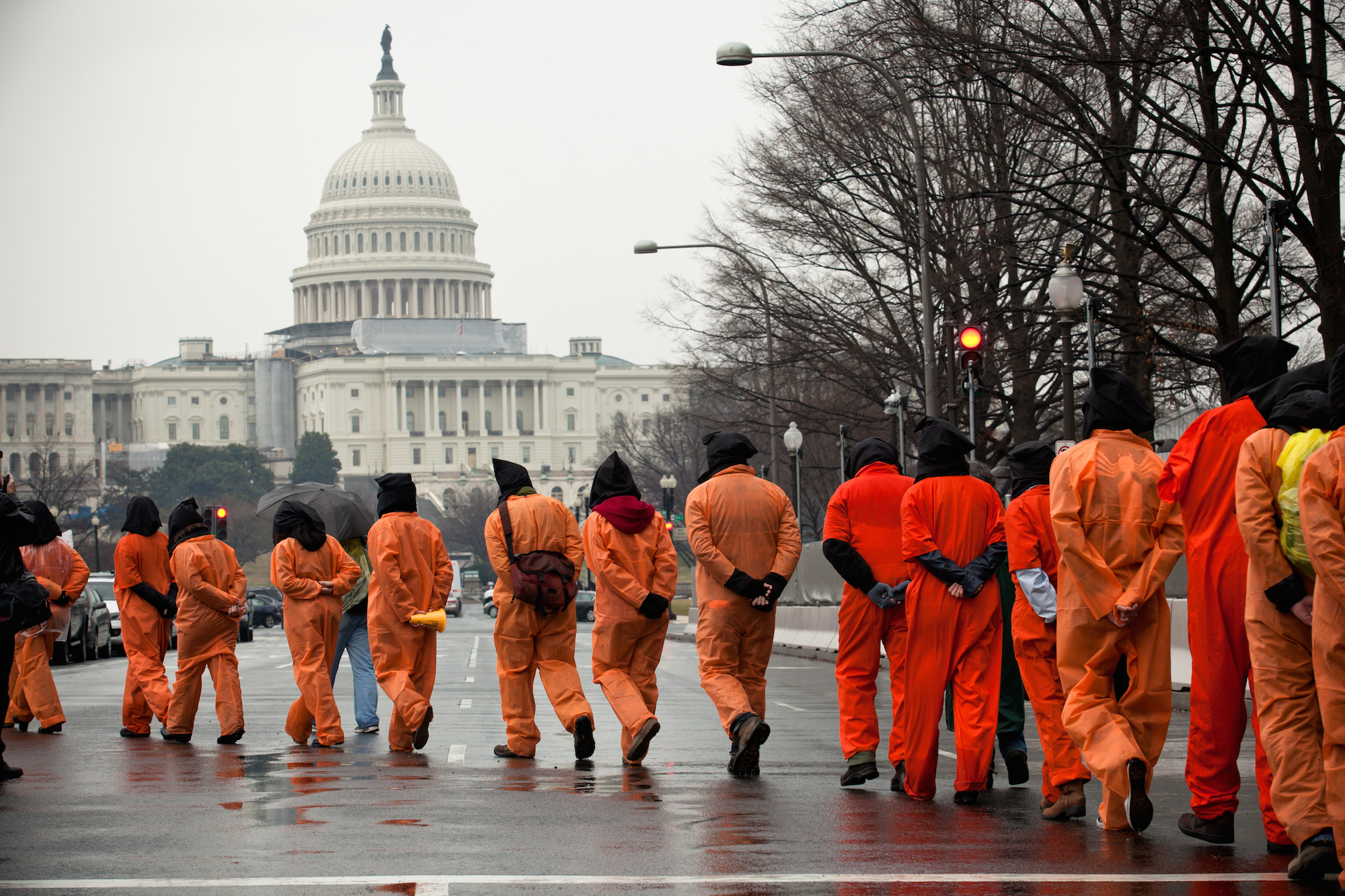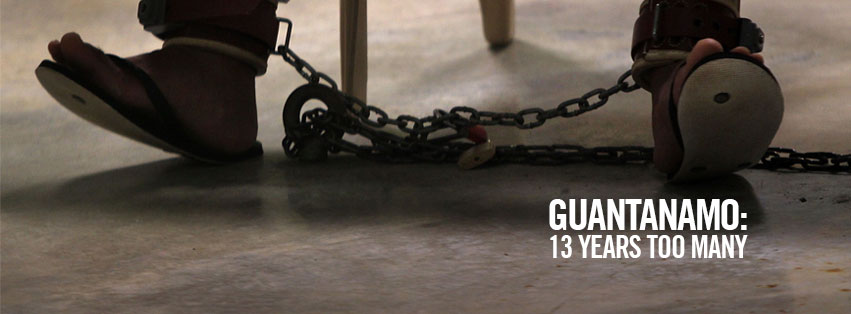
Sometimes the path to justice can feel daunting. What can you do to stop torture? What about when there has not even been a full investigation, let alone prosecution, for torture by US officials?
Today we have you covered.

Sometimes the path to justice can feel daunting. What can you do to stop torture? What about when there has not even been a full investigation, let alone prosecution, for torture by US officials?
Today we have you covered.

As someone whose job it is to take advantage of technological progress for human rights research and advocacy, I am a strong proponent of using new tools and methods to advance Amnesty International’s goals. There is a proven track record of how technology can help human rights researchers and defenders in their daily work. However, any debate on this topic should not overlook the increasing challenges and threats that new technologies and digital networks pose for our profession. I am increasingly interested in exploring this undeniable tension, and I am fortunate enough to moderate a panel related to this topic Amnesty International USA’s Annual General Meeting in Brooklyn this weekend (full details below). SEE THE REST OF THIS POST

By Erin Herro, Volunteer Fellow at AIUSA’s Security With Human Rights Program
Today Amnesty International launched #UnfollowMe – a campaign demanding an end to mass surveillance. And we released the results of a global poll of more than 13,000 people across every continent.
What’d we find? More than 70% of respondents worldwide are strongly opposed to the U.S. government monitoring their internet use. And in the United States, less than a quarter of U.S. citizens approve of their government spying on them. SEE THE REST OF THIS POST

The U.S. surveillance machine is thwarting Amnesty International USA’s ability to protect people from human rights violations: including governments that torture, kidnap and extrajudiciallly kill people for their non-violent protest, dissent and activism.
That’s why Amnesty International USA is in court today, represented by the ACLU–because in a world under threat of constant, all-encompassing surveillance, our work to protect human rights is made much harder.
Here are 8 facts you need to know about how Amnesty International works – and why mass surveillance harms our ability to protect human rights: SEE THE REST OF THIS POST

In 2014, Amnesty International recorded and investigated human rights abuses in 160 countries and territories worldwide*.
While progress is being made in some areas, the frightening facts and figures below show that for many people the human rights situation is getting worse. SEE THE REST OF THIS POST

Shaker Aamer
There’s a superstitious part of me, and a worried part of me. And both parts of me fear this Saturday: it marks thirteen years since Shaker Aamer was airlifted to Guantanamo.
My fear is that in Congress, the fear-mongers who are seemingly relentless in their drive to keep Guantanamo open forever—and to keep Shaker Aamer in detention without charge until he dies. They are encouraging public panic and anxiety over the prospect that anyone at Guantanamo might either go free or face a fair trial.

“As far as I’m concerned every last one of them can rot in Hell, but as long as they don’t do that they can rot in Guantanamo Bay.” – U.S. Senator Tom Cotton
I don’t know if it was just me, or if it was everyone, but the room seemed oddly quiet after Senator Cotton said these 28 words at today’s Senate hearing on Guantanamo. Behind me were dozens of high school students, there for some kind of civics lesson. In front of me were protestors in orange jumpsuits, seated and rapt. For the moment, we were all quiet.

During tonight’s State of the Union address, President Obama touched on issues of national security, criminal justice reform, immigration policy and women’s health, all of which involve human rights.
It is important to promote awareness of these issues as part of the US national conversation. But as always, the proof is in the pudding. So how do President Obama’s words stack up against actions?

This blog is part of a series on human rights in the State of the Union address. The United States has an obligation to pursue policies that ensure respect for human rights at home and around the world. Follow along and join the conversation using #SOTUrights.
Dear Mr. President,
Here comes the fear again.
In the aftermath of the Paris attacks, some in the broadcast news media are attempting to turn the public’s shock into full-fledged hysteria – the kind that fuels not only their ratings, but suspicion, hate and a bunker mentality.

This Sunday, January 11, marks the grim 13th anniversary of the opening of the prison at Guantanamo Bay. With the momentum President Obama has now, he must make this anniversary Guantanamo’s last. Here are 11 reasons why closing the prison now is a human rights imperative: SEE THE REST OF THIS POST